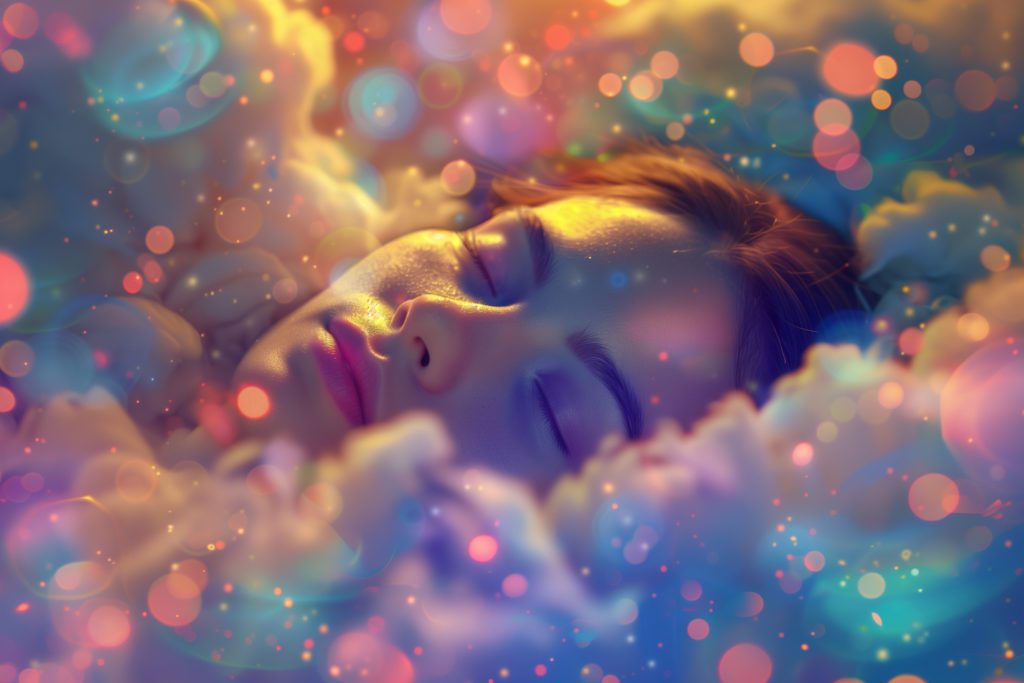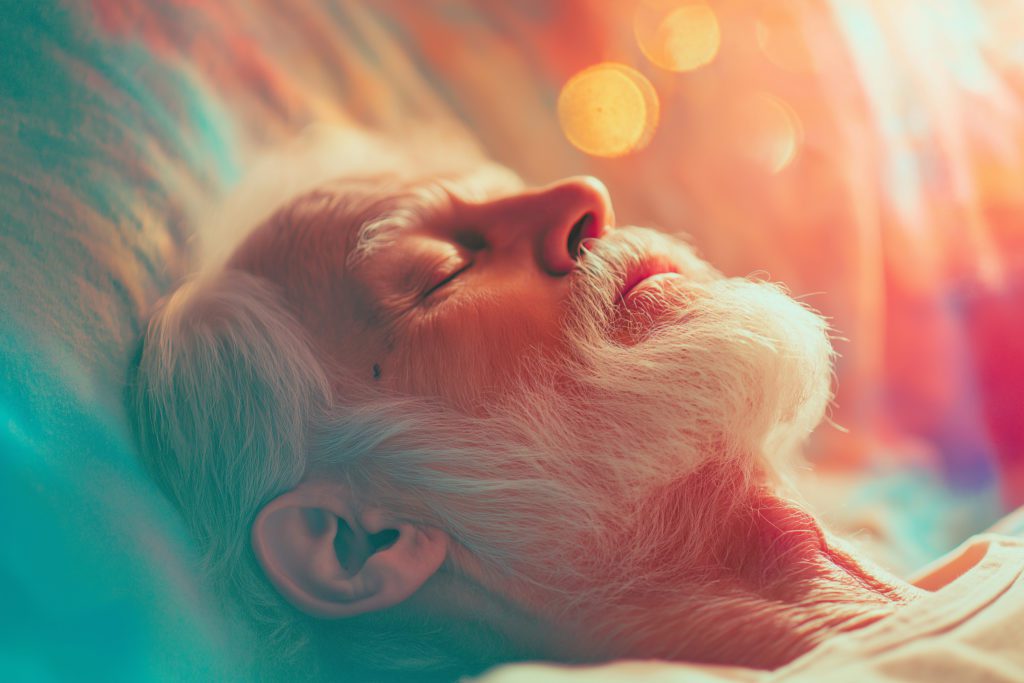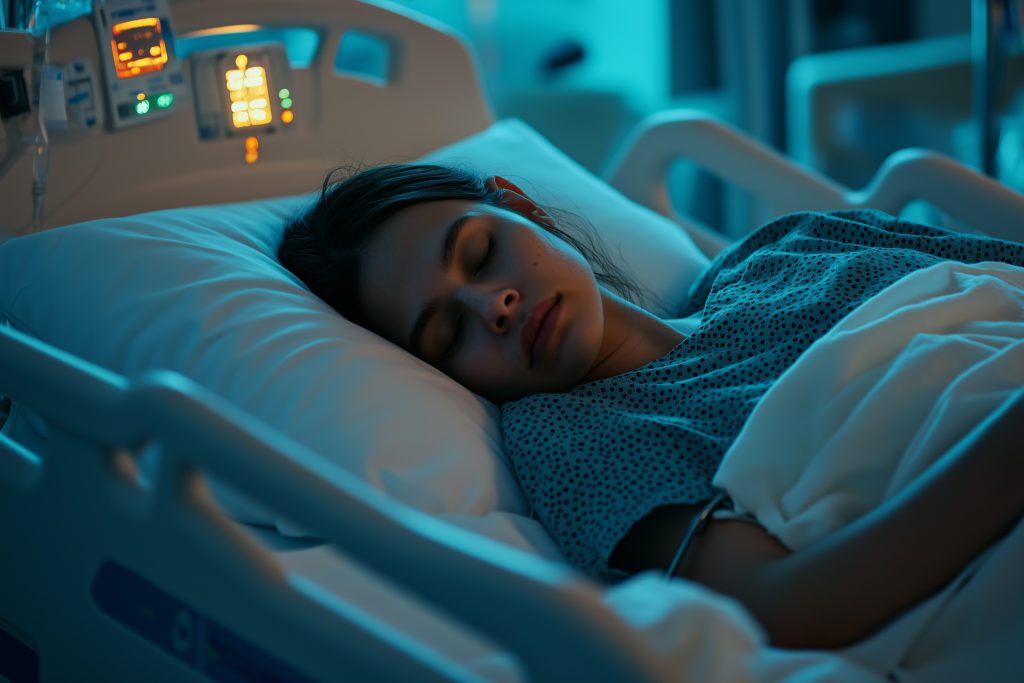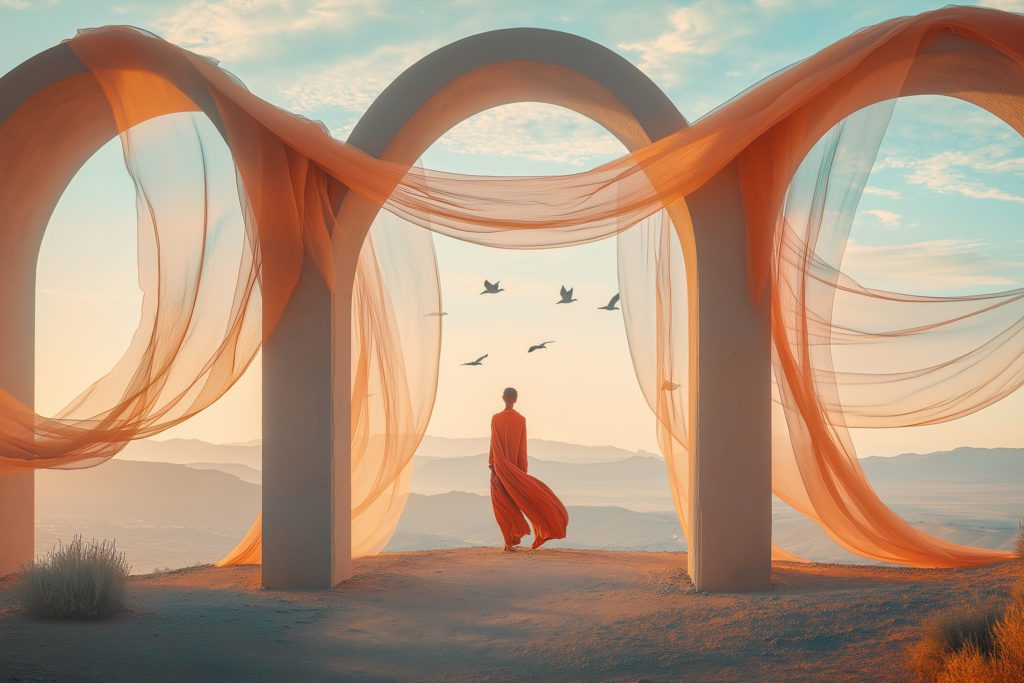
Does Having No Dreams While Sleeping Mean a Lack of Creativity?
Do you recall your dreams? Read on to explore the connection between your dreams and creativity and why having no dreams is not worrisome.
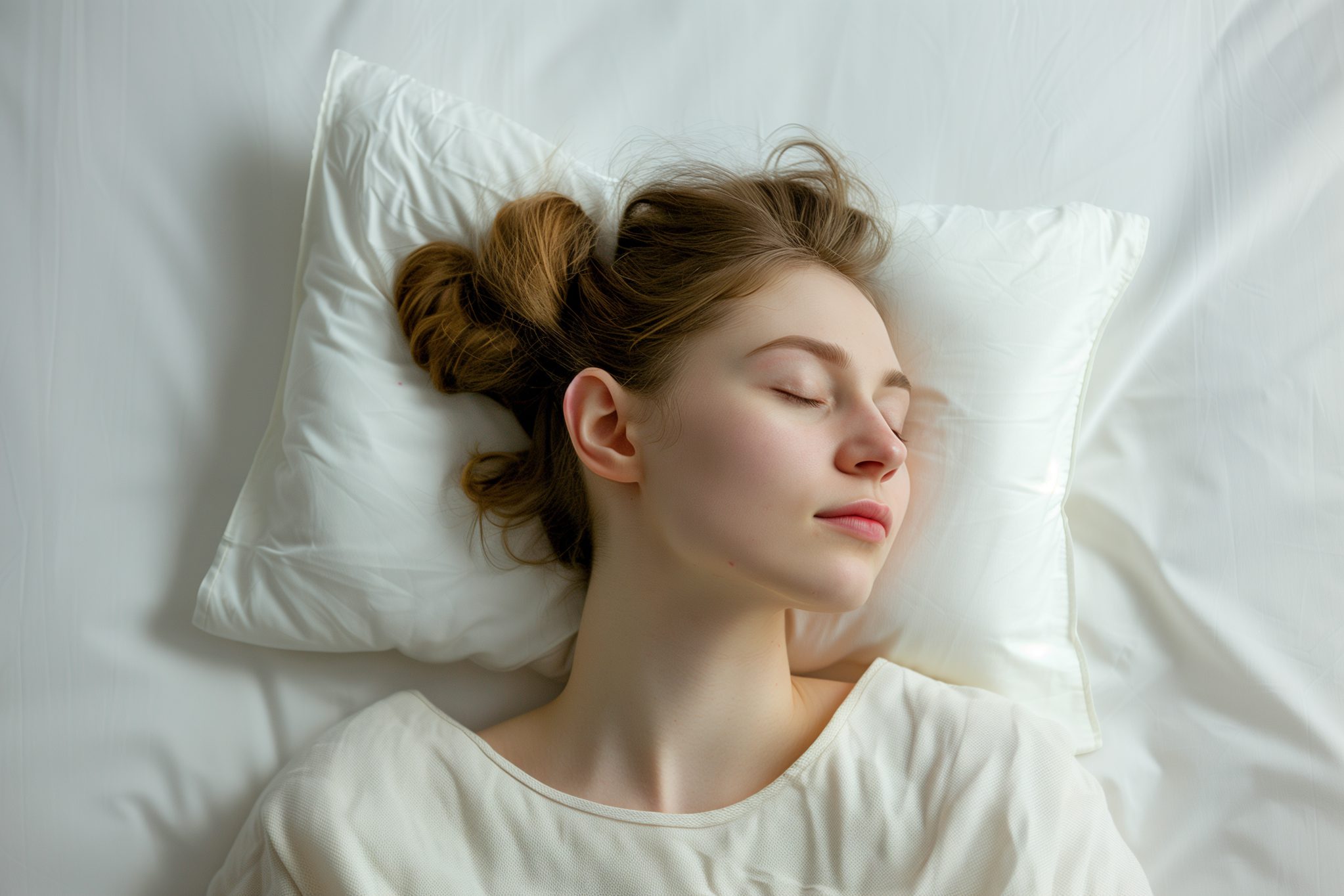
How often do you remember your dreams? Some people seem always to remember their dreams, while others tend to forget them or not even realize that they were dreaming at night. Some people believe that having no dreams while sleeping is a sign of people’s lack of creativity. If you’re worried you lack creativity because of this, you’ll be relieved to know that this is not true.
In this article, we’ll explore the connection between dreaming and creativity and what people often believe about these two topics. We’ll explore the conflicting evidence and even why people might not remember their dreams—even while we all might still have these dreams. Finally, we’ll explore other signs of your creativity so you can look to other means of identifying your imaginative ideas. Let’s first examine why dreaming and creativity may be connected and to what extent.
The Relationship Between Dreaming and Creativity
A common argument many people make is that dreaming and creativity are somehow connected, but you might be surprised to find that the research in this area might beg to differ. There is no direct correlation between dreaming and creativity, but research shows dreams can be creative in nature. Additionally, our brains help us with creative processes, like problem-solving, but do not always inspire our ability to create masterpieces.
Our Dreams Can Be Odd and Creative
One of the most common reasons people have associated creativity is because of the content of our dreams. With unique imagery we have never seen before at times, what else might we think about our dreams? Our dreams can be odd, but that’s because of what happens during REM and non-REM sleep.
When you dream during REM sleep, your dreams might be “more emotional and more bizarre.” If you have ever woken up from an odd dream, like a giant animal chasing you or falling into a pile of marshmallows, then this may have been because of dreaming during REM sleep. On the other hand, dreams that occur during non-REM sleep have been shown to be much more like episodic memories or experiences that we have had in our lives when we are awake.
The Most Creative Dreams May Occur During Lucid Dreaming
While our dreams are creative because we use our sleep to consolidate our memories, our dreams are not directly linked to our inherent creativity as individuals. In fact, you might find that lucid dreaming is more connected to our creativity than ordinary dreaming is (Source: Frontiers in Psychology). Lucid dreaming has been shown to be a valuable tool to some of the world’s most extraordinary creative professionals, like Stephen King, Paul McCartney, and others. However, even though it has been helpful to these creatives, it has never been an indication of one’s creativity.
What About If I Have No Dreams?
So, with little evidence to suggest a proven link between dreaming and creativity, you may experience no dreams while you sleep. Some of us are not great at dream recall, but it doesn’t mean that you don’t have dreams. The truth is, we all dream—we might just not remember it.
Chances Are, You Might Not Remember Your Dreams
Even though our dreams are not directly connected to our inherent creativity, it’s unlikely that we cannot dream. In fact, people dream all the time when they sleep, but not everyone will recall what happened when they wake up. There have been studies to explain why this happens, and under what conditions you may remember your dreams. You might be surprised to find out it all comes down to biology!
Our Dream Recall Depends Our Brain Activity
Scientists have shown that people who remember their dreams are more likely to experience high-amplitude slow waves in the frontal regions of their brain (Source: Scientific Reports). In other words, the front portion of your brain is more active, and this may lead you to remember your dreams. So, it is not even down to creativity, but rather what part of your brain is the most active when you’re remembering or experiencing these dream sequences.
We Might Only Remember Dreams During REM Sleep
Other studies have shown that if you do remember a dream, it’s much more likely to be during REM sleep, which is when your brain is the most active and can often be even more creative. That’s why you might not remember reliving your birthday party, but you’ll remember that one dream where you were bungee jumping over the Sahara Desert or some other bizarre image that would never make sense to you.
Even If You Don’t Remember, We Do Dream to Support Brain Health
Because we do not always recall our dreams, it might feel like we aren’t dreaming, but that’s not the case. Even then, our brains engage in creativity while we rest when they file our memories away and help us process our days. It might not translate into artwork and best-selling novels, but our dreams—even the apparent lack thereof if we fail to recall them—perform an important function!
Even though our dreams might not indicate our creativity, there are still many ways you can see your brain encouraging creativity in your daily life.
With or Without Dreaming, You Can Enjoy Optimal Sleep
While you might worry about your lack of dreams, this is no indication of how creative you are as a person. Even though writers like Stephen King have been using lucid dreaming to help with their work, it has yet to be proven that dreaming is connected to creativity. There are so many other ways to tell how creative you are, including how quickly you can solve problems, come up with abstract ideas, and more.
To learn more about the purpose of dreaming and how to encourage better sleep health, check out our website today to read the latest insights from the field.

Written by
Marie Soukup
Marie Soukup is a seasoned copywriter, editor, and Integrative Nutrition Health Coach with a certificate from the Institute of Integrative Nutrition (IIN). With years of experience working with brands across diverse industries, Marie is passionate about holistic health and crafting compelling content.
Download Pillow
Get help
Press & News
Legal
Connect
X (Twitter)
Company
Copyright © Neybox Digital Ltd.
